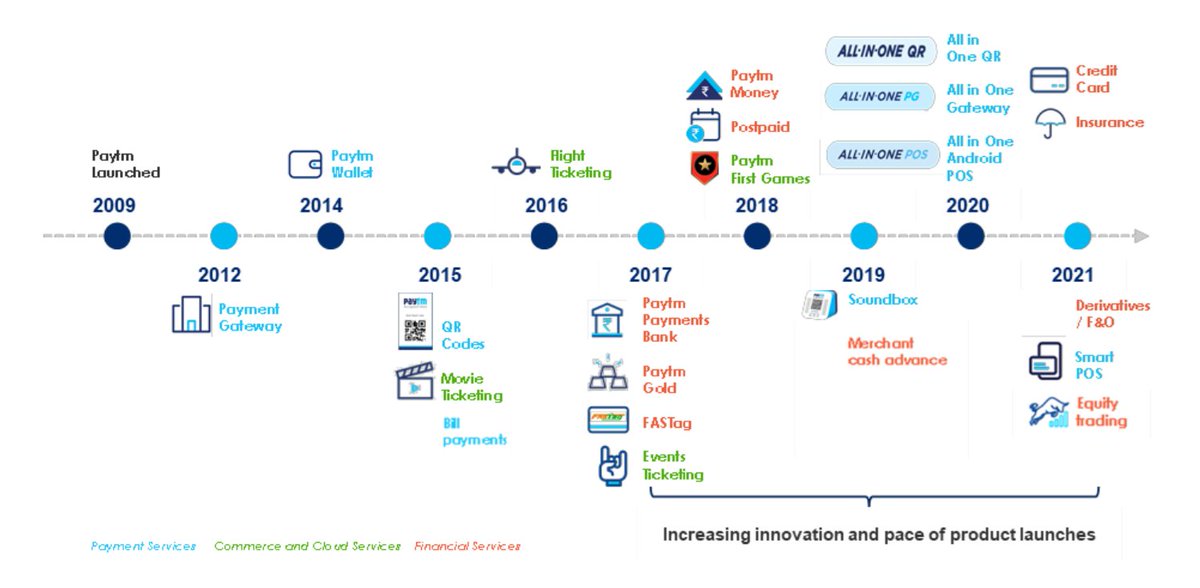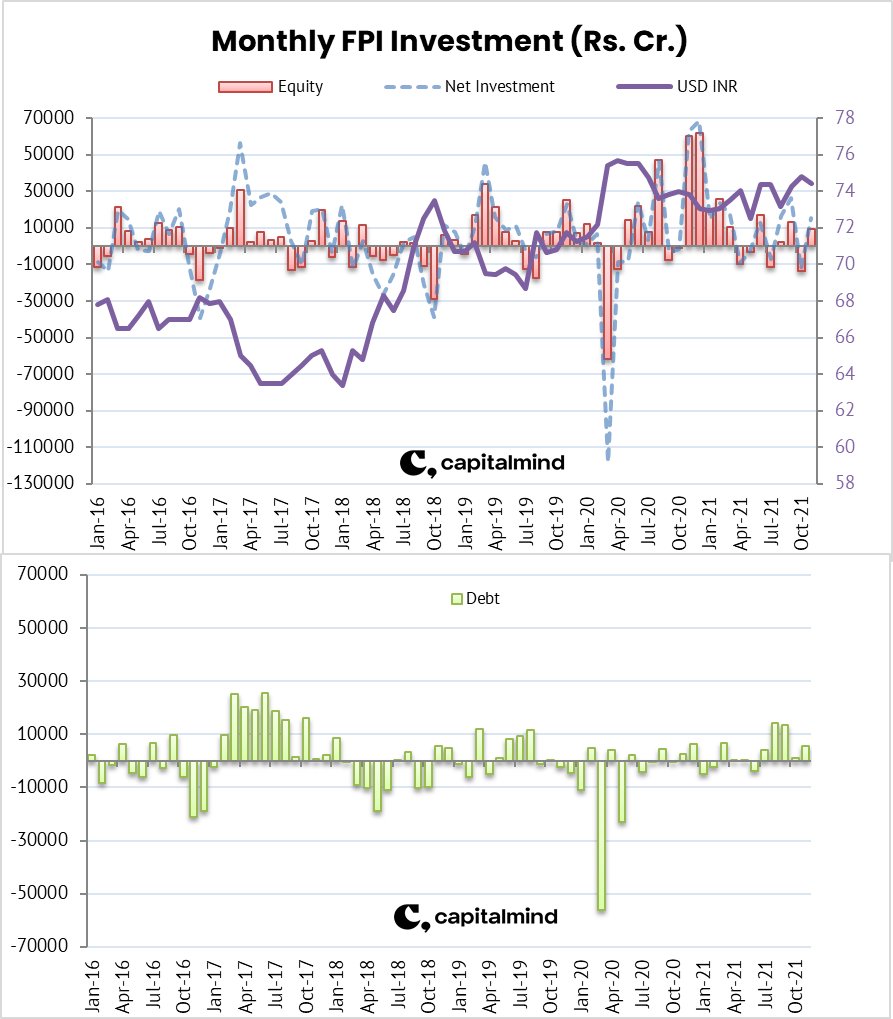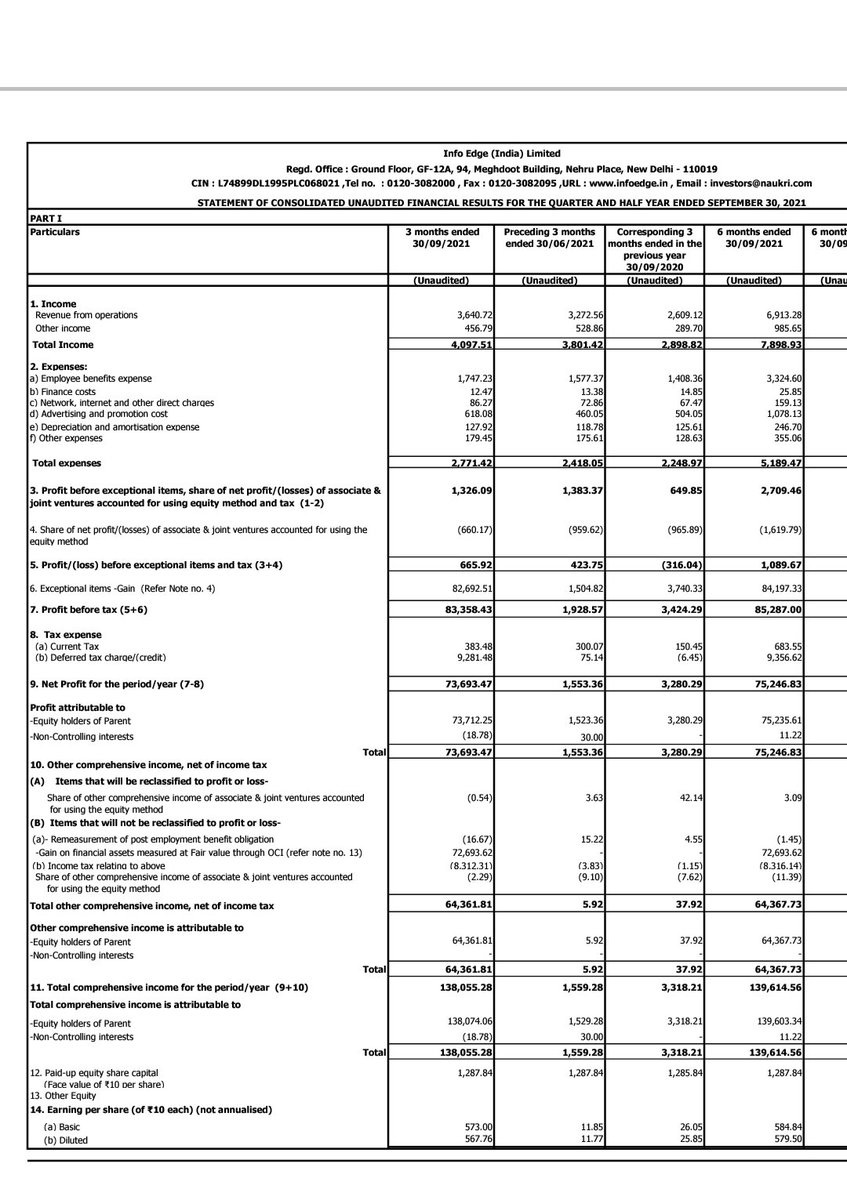#PayTmIPO – Long Thread:
There is a new game in town. The rules are “well laid out” by VCs – Report just 3 yr financials, blame flat sales since 2019 on covid, pick consultants to project fancy story, price IPO at 45 times sales, create scarcity of “limited offer” of 12% shares”
They say “a fool & his money will always be parted”.
But who rewards mediocrity? Well, enter #PaytmIPO. If Infosys & TCS were a bet on excellence, Paytm is a bet on mediocrity. We’ll see how.
But there is a catch here – Paytm seems to have got the last funding in 2019 at $ 16 Bn valuation. On that, the current pricing at $ 20 Bn seems fair, isn’t it?
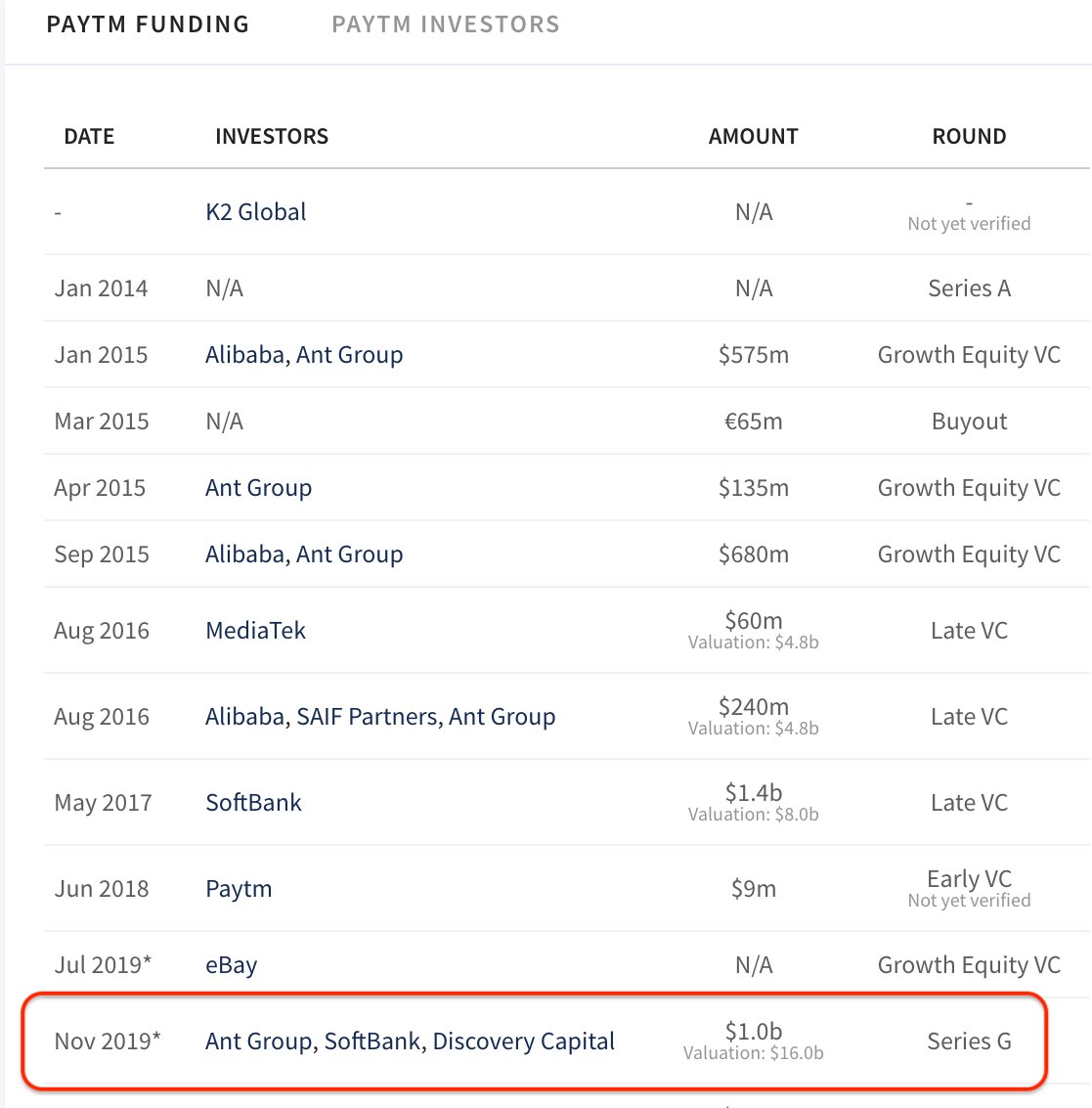
Something tells me that the IPO was planned for 2020. But then Covid stuck in March 2020. No IPO happens in a bear market. Oops!
If Paytm doubles from here, it will be bigger than Axis bank & close to Kotak bank.“Super app” bigger than these banks?
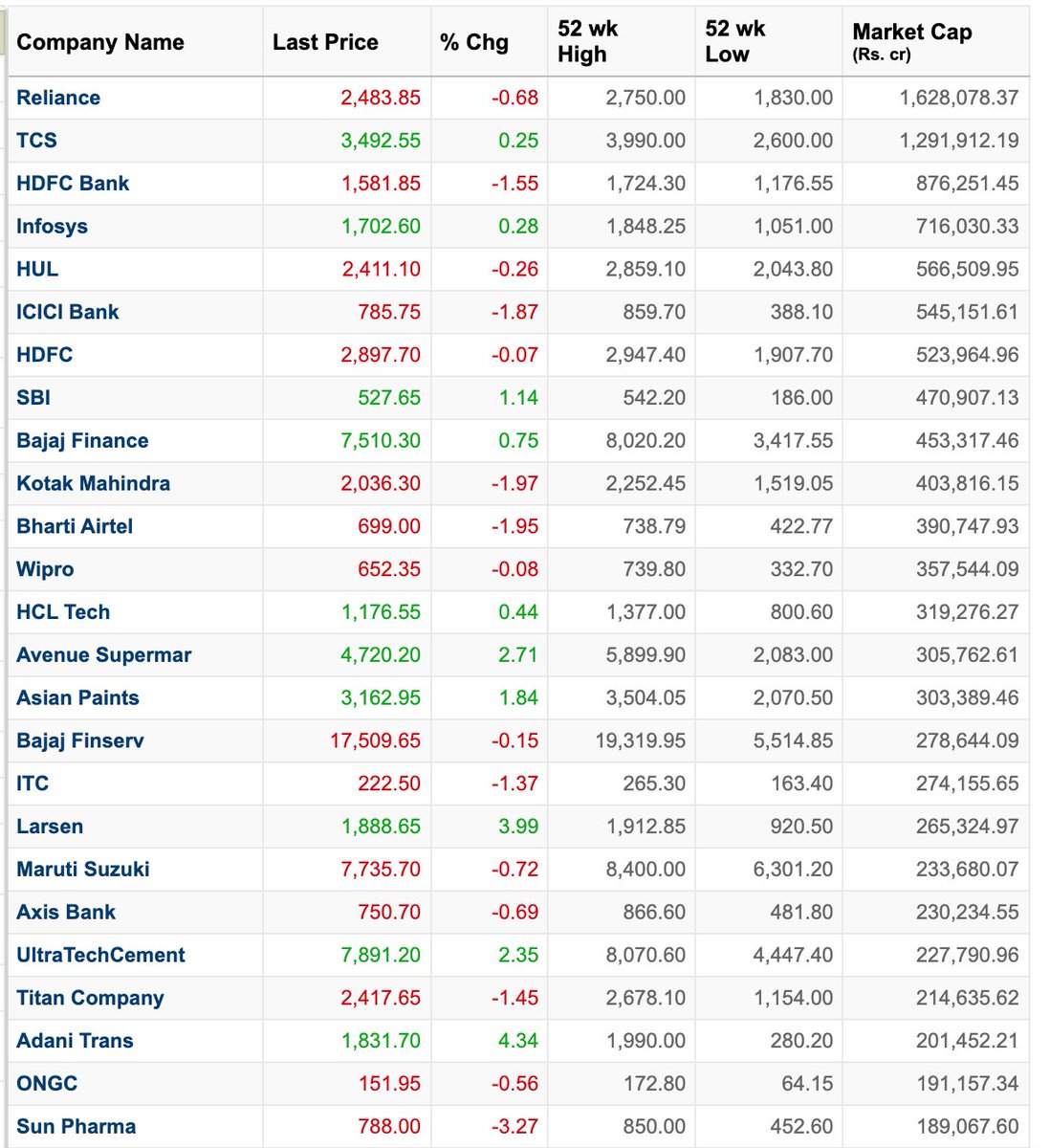
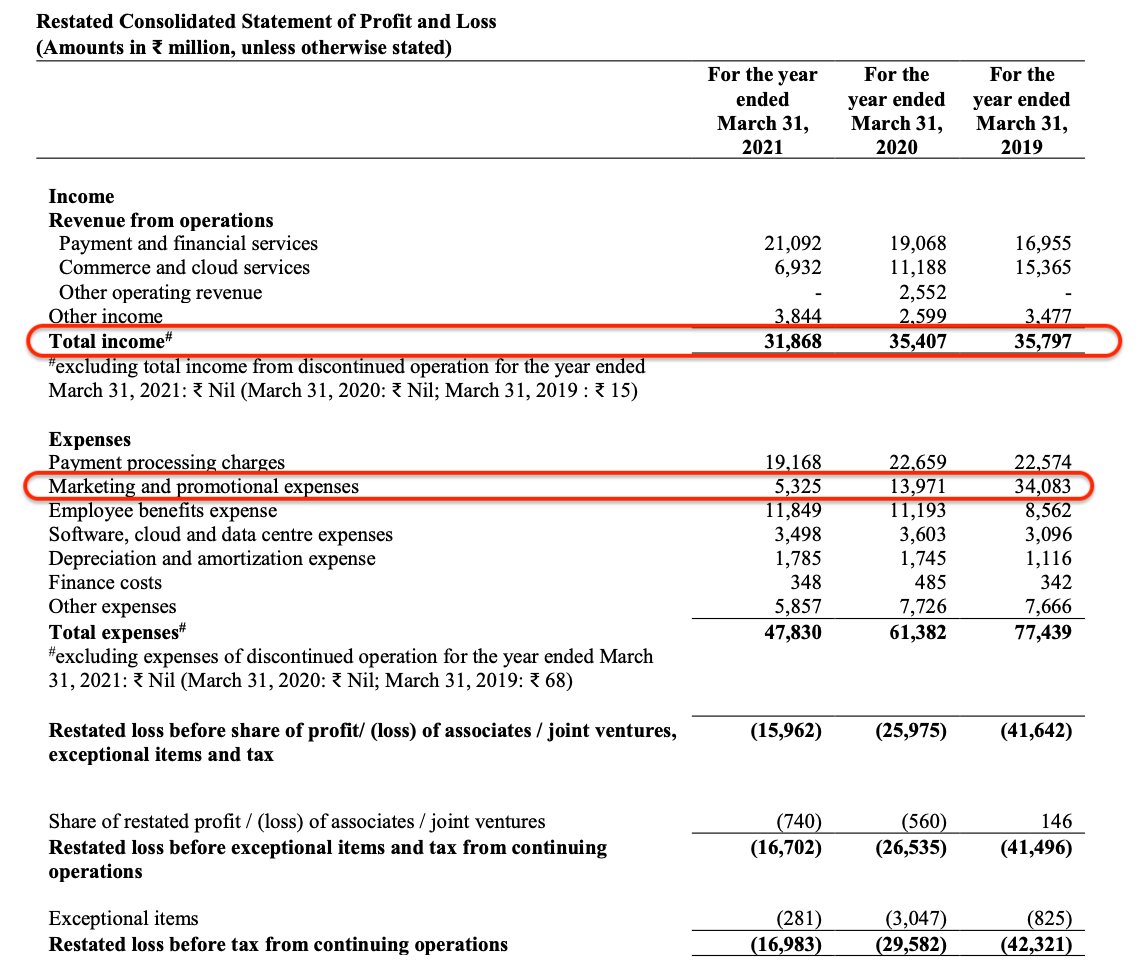
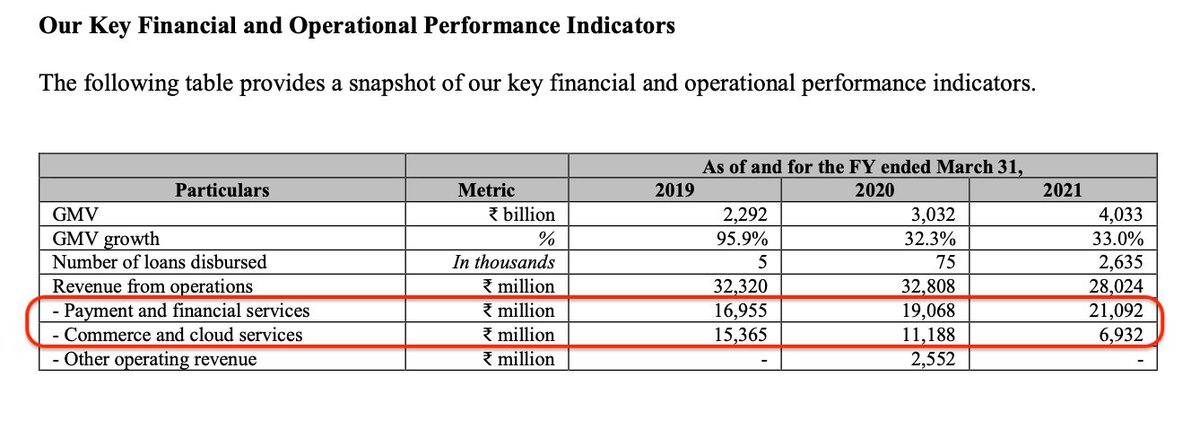
Then there is ticketing biz, again trying to compete with the biggies already established in ticketing. We see new segments tried & folded without significant leadership

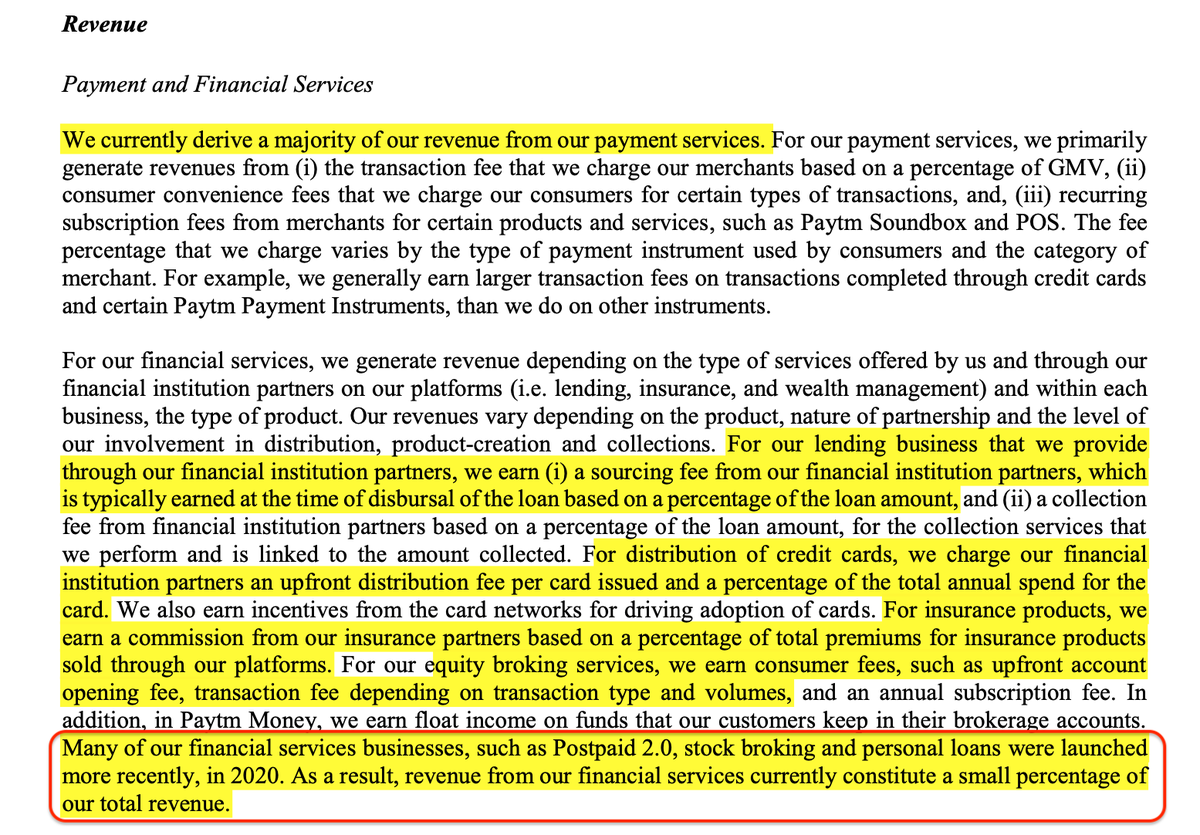
While industry is worried with too many stocks trading accounts, Paytm has barely started.What leadership execution do we value here?

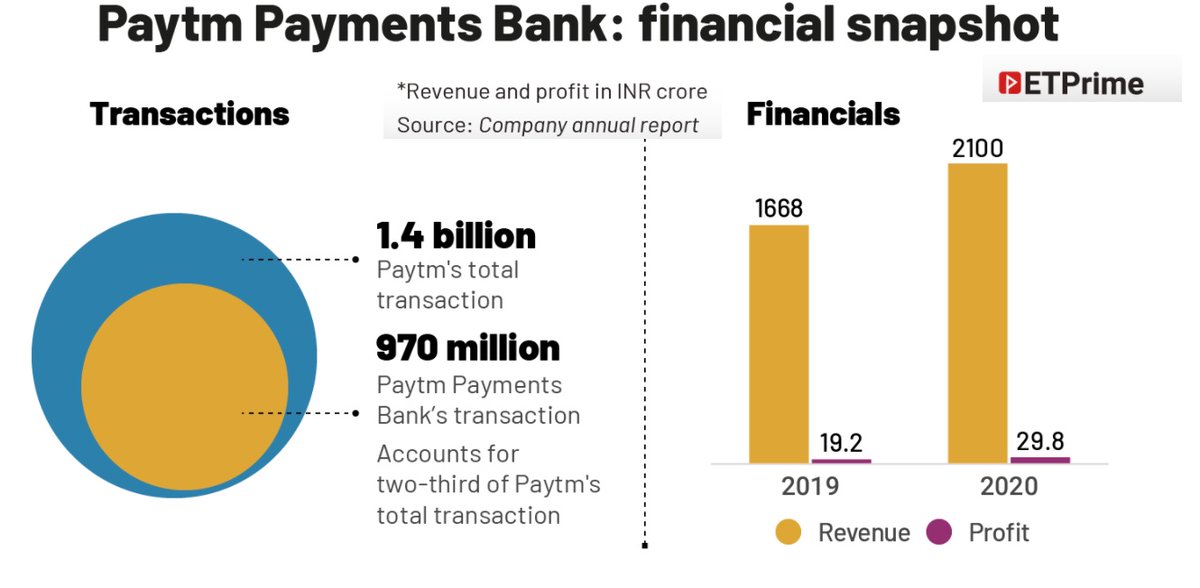
Look at related party tranx disclosed in DRHP: Paytm pays Rs ~900 Cr revenue to its payment bank, which is owned 51% by promotor VSS. Hmm…okay!
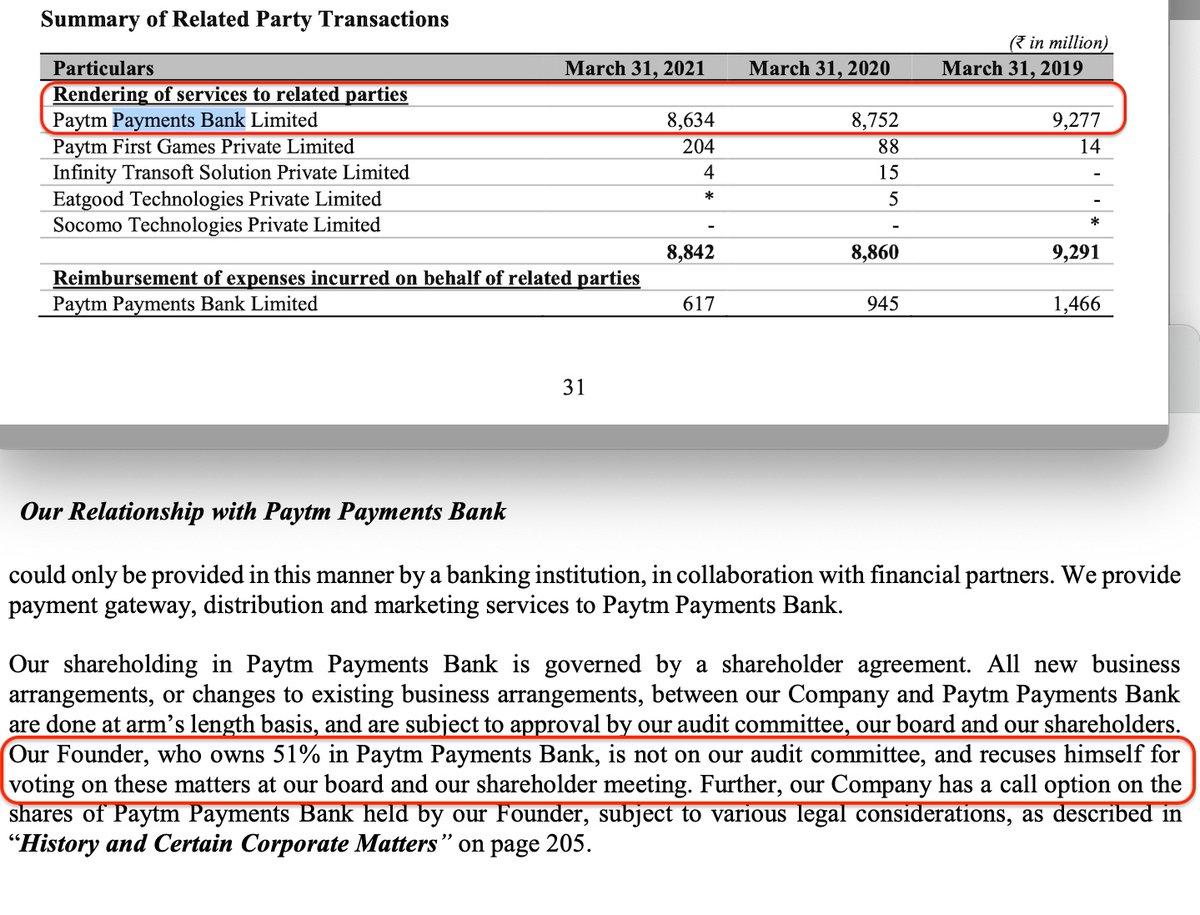
No wonder the small bank & insurance licenses are lying with RBI & IRDA for over a year. Post IPO, “Ant fin” stake will fall <25% but is that good to inspire trust?
330 Mn “users” means 33 Cr people have tried Paytm at some point but haven’t adopted it
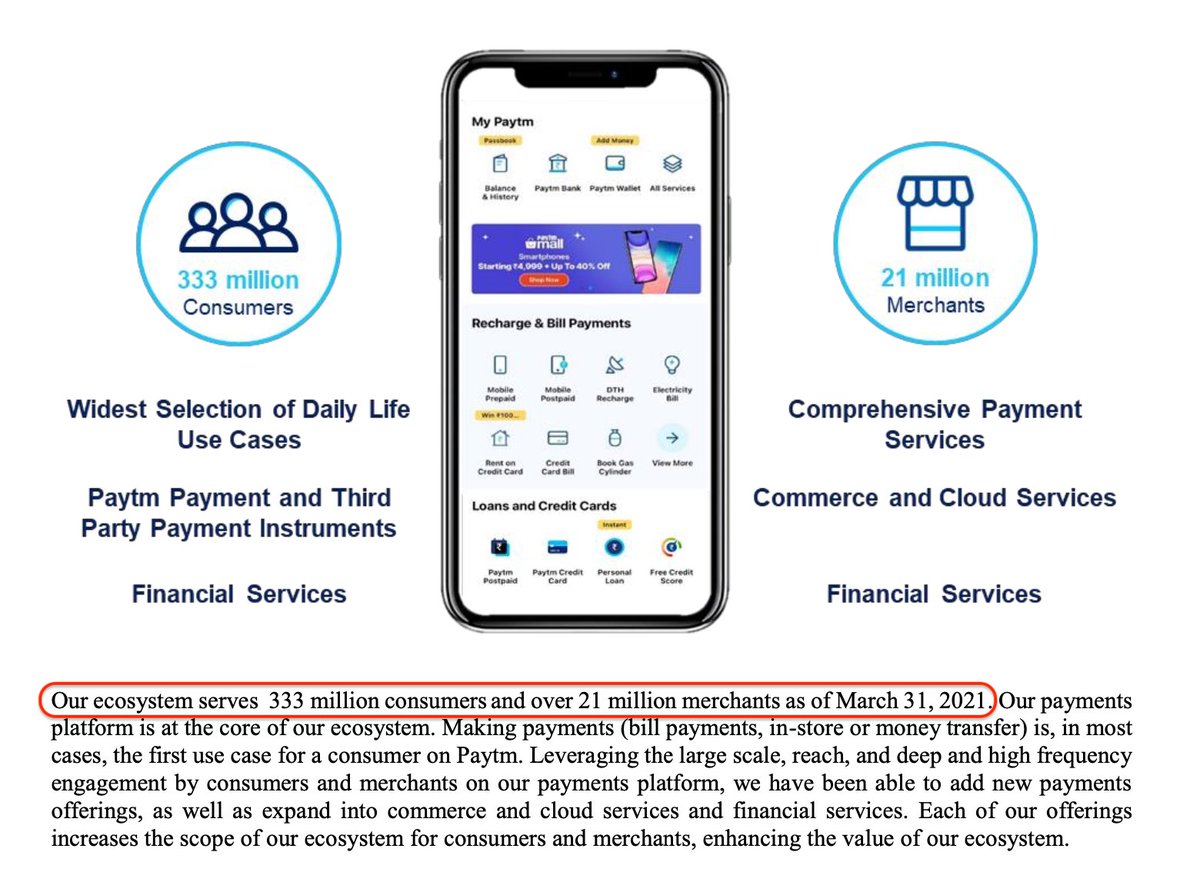
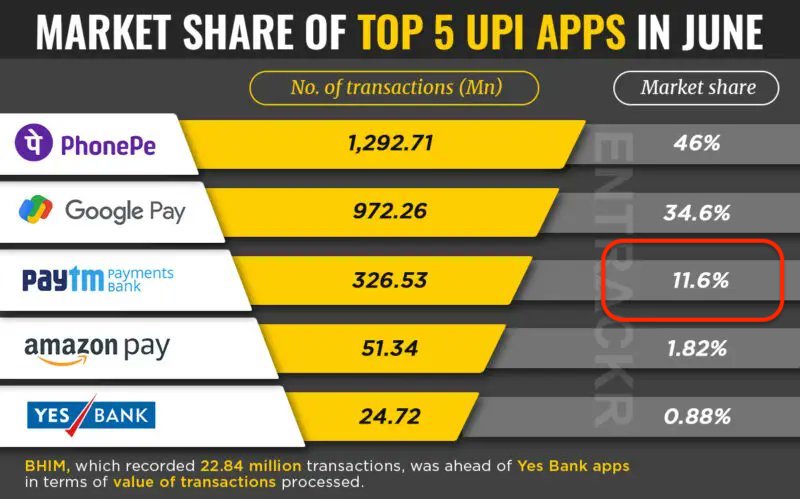
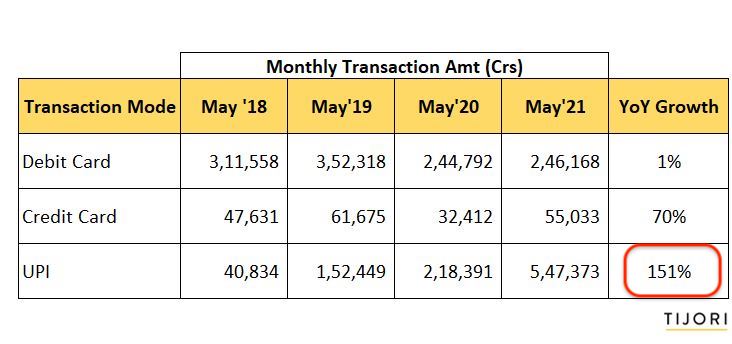
Since UPI dominance increased, Paytm is forced to reduce “take rate” it charges merchants (0.64%). Paytm revenues are falling despite rising spends!
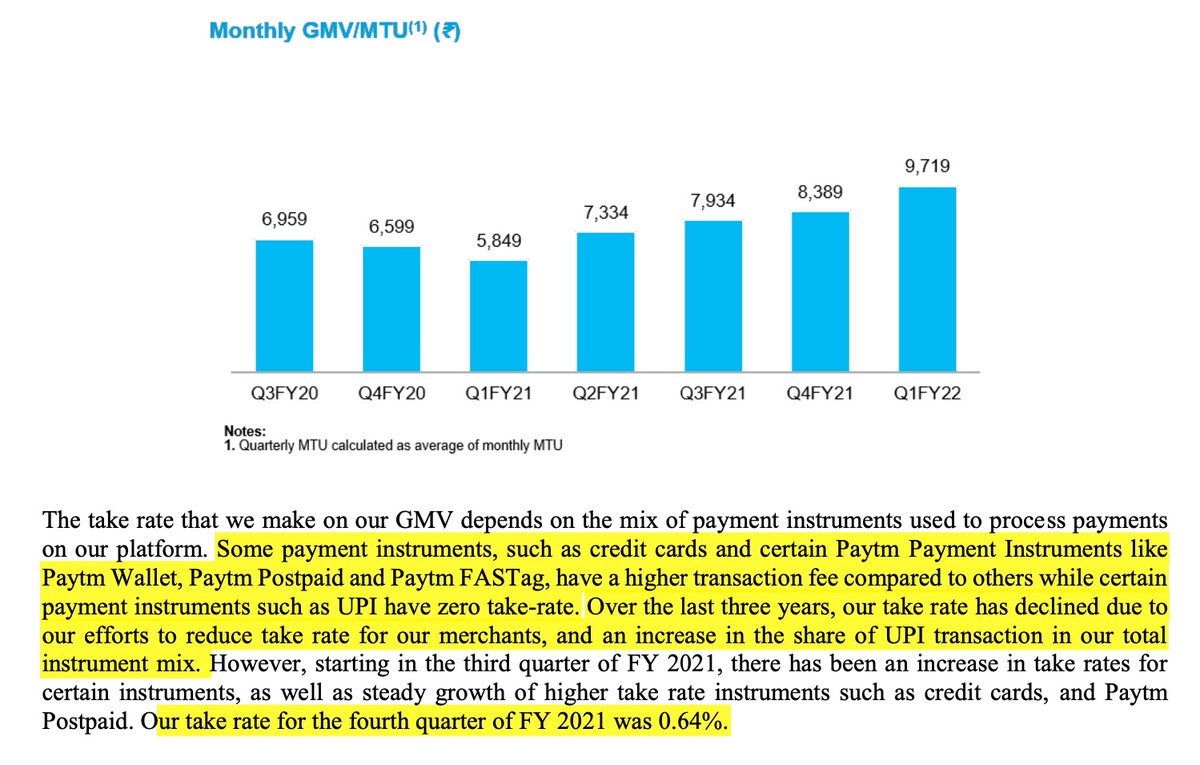
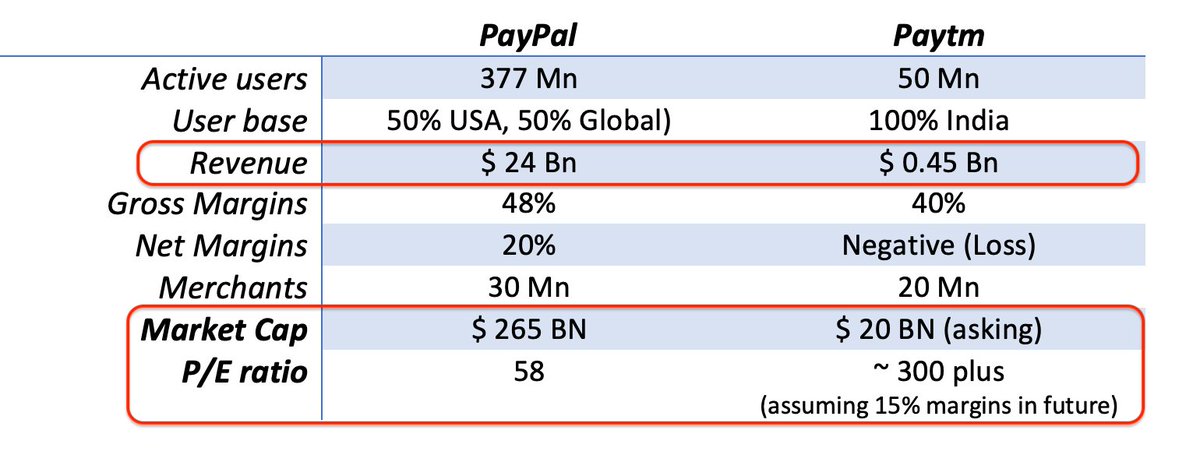
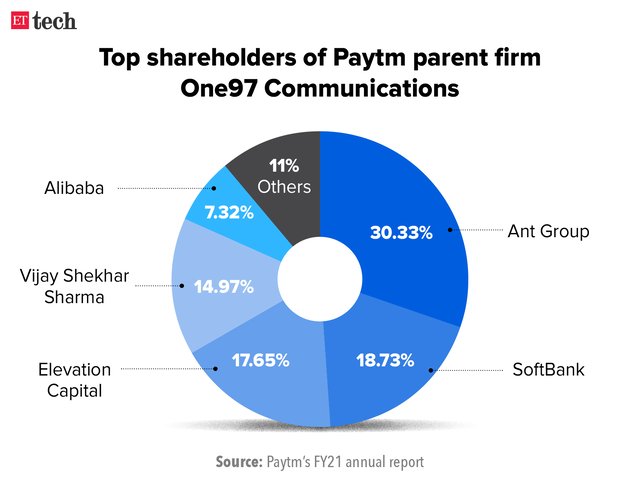
More from Ipo
You May Also Like
RT-PCR corona (test) scam
Symptomatic people are tested for one and only one respiratory virus. This means that other acute respiratory infections are reclassified as
4/10
— Dr. Thomas Binder, MD (@Thomas_Binder) October 22, 2020
...indication, first of all that testing for a (single) respiratory virus is done outside of surveillance systems or need for specific therapy, but even so the lack of consideration of Ct, symptoms and clinical findings when interpreting its result. https://t.co/gHH6kwRdZG
2/12
It is tested exquisitely with a hypersensitive non-specific RT-PCR test / Ct >35 (>30 is nonsense, >35 is madness), without considering Ct and clinical context. This means that more acute respiratory infections are reclassified as
6/10
— Dr. Thomas Binder, MD (@Thomas_Binder) October 22, 2020
The neither validated nor standardised hypersensitive RT-PCR test / Ct 35-45 for SARS-CoV-2 is abused to mislabel (also) other diseases, especially influenza, as COVID-19.https://t.co/AkFIfTCTkS
3/12
The Drosten RT-PCR test is fabricated in a way that each country and laboratory perform it differently at too high Ct and that the high rate of false positives increases massively due to cross-reaction with other (corona) viruses in the "flu
External peer review of the RTPCR test to detect SARS-CoV-2 reveals 10 major scientific flaws at the molecular and methodological level: consequences for false positive results.https://t.co/mbNY8bdw1p pic.twitter.com/OQBD4grMth
— Dr. Thomas Binder, MD (@Thomas_Binder) November 29, 2020
4/12
Even asymptomatic, previously called healthy, people are tested (en masse) in this way, although there is no epidemiologically relevant asymptomatic transmission. This means that even healthy people are declared as COVID
Thread web\u2b06\ufe0f\u2b07\ufe0f
— Dr. Thomas Binder, MD (@Thomas_Binder) December 16, 2020
The fabrication of the "asymptomatic (super) spreader" is the coronation of the total nons(ci)ense in the belief system of #CoronasWitnesses.
Asymptomatic transmission 0.7%; 95% CI 0%-4.9% - could well be 0%!https://t.co/VeZTzxXfvT
5/12
Deaths within 28 days after a positive RT-PCR test from whatever cause are designated as deaths WITH COVID. This means that other causes of death are reclassified as
8/8
— Dr. Thomas Binder, MD (@Thomas_Binder) March 24, 2020
By the way, who the f*** created this obviously (almost) worldwide definition of #CoronaDeath?
This is not only medical malpractice, this is utterly insane!https://t.co/FFsTx4L2mw
One thing I've been noticing about responses to today's column is that many people still don't get how strong the forces behind regional divergence are, and how hard to reverse 1/ https://t.co/Ft2aH1NcQt
— Paul Krugman (@paulkrugman) November 20, 2018
See this thing that @lymanstoneky wrote:
And see this thing that I wrote:
And see this book that @JamesFallows wrote:
And see this other thing that I wrote:

I believe that @ripple_crippler and @looP_rM311_7211 are the same person. I know, nobody believes that. 2/*
Today I want to prove that Mr Pool smile faces mean XRP and price increase. In Ripple_Crippler, previous to Mr Pool existence, smile faces were frequent. They were very similar to the ones Mr Pool posts. The eyes also were usually a couple of "x", in fact, XRP logo. 3/*

The smile XRP-eyed face also appears related to the Moon. XRP going to the Moon. 4/*

And smile XRP-eyed faces also appear related to Egypt. In particular, to the Eye of Horus. https://t.co/i4rRzuQ0gZ 5/*


